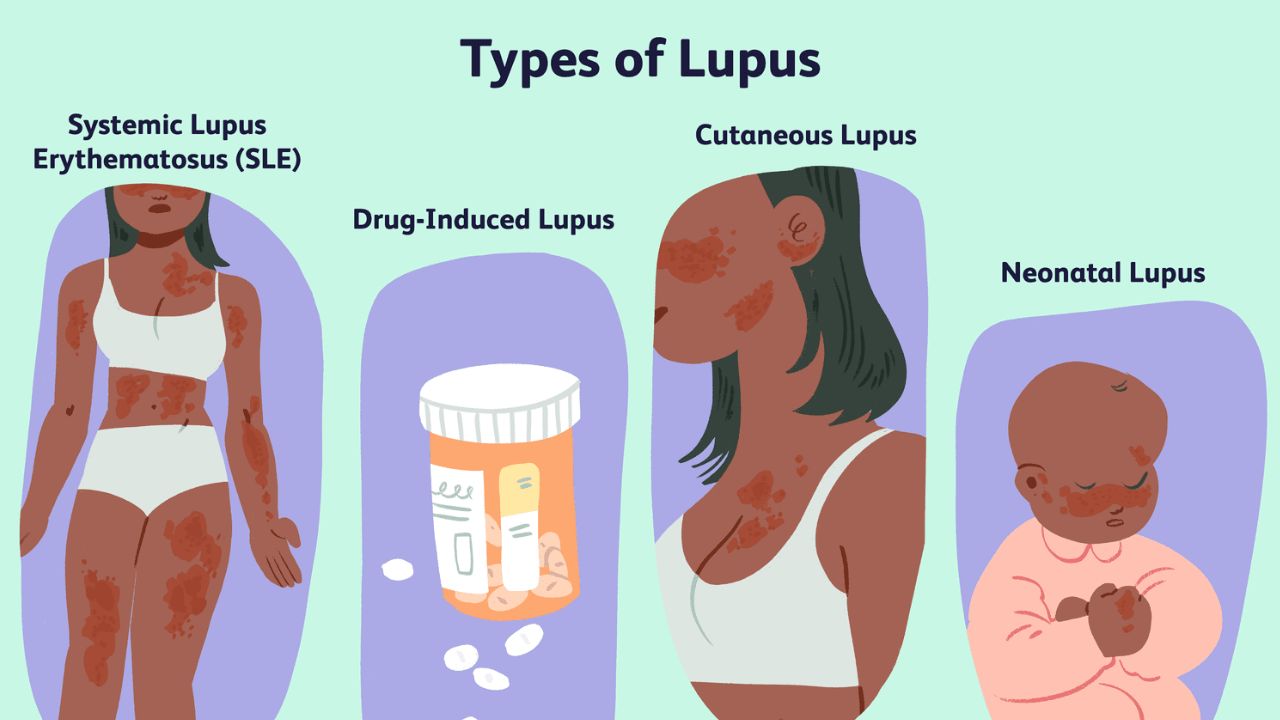
Lupus Treatment in India
Lupus, a common autoimmune disease affecting millions globally, presents a range of symptoms from mild skin rashes to severe organ complications. In India, patients find advanced lupus treatment at a fraction of the cost compared to many other countries, thanks to the country’s cutting-edge medical facilities and skilled surgeons.
Understanding Lupus
Systemic lupus erythematosus (SLE) is the most prevalent form of lupus. This disorder causes the immune system to attack healthy tissues, leading to inflammation and damage in various body parts, including blood cells, joints, skin, kidneys, heart, lungs, and brain. Accurate diagnosis requires understanding its diverse manifestations and symptoms.
Causes and Risk Factors
The exact cause of lupus remains unknown, but several factors may contribute:
- Environmental Factors: Exposure to certain medications, infections, stress, and sunlight can trigger lupus. Smoking history may also increase risk.
- Genetics: A family history of lupus can raise one’s risk, suggesting a genetic component.
- Hormonal Changes: Lupus is more common in women, particularly during reproductive years, potentially linked to estrogen levels.
Types of Lupus
- Systemic Lupus Erythematosus (SLE): Affects multiple organs and is the most common type.
- Discoid Lupus Erythematosus: Causes skin rashes and lesions.
- Subacute Cutaneous Lupus Erythematosus: Results in skin lesions due to sunlight exposure.
- Drug-induced Lupus: Arises from certain medications and usually resolves after discontinuation.
- Neonatal Lupus: A rare condition affecting newborns with lupus antibodies from their mothers.
Symptoms
Lupus symptoms vary widely but may include:
- Seizures and confusion
- Blood clots and anemia
- Raynaud’s syndrome
- Enlarged glands and hair loss
- Mouth ulcers and dry eyes
- Fatigue, chest pain, and respiratory issues
Diagnosis and Treatment
Lupus is diagnosed through clinical exams, blood tests, and imaging. The antinuclear antibody (ANA) test is commonly used to detect autoimmune activity. Treatment aims to manage symptoms, prevent flare-ups, and reduce inflammation using medications such as anti-inflammatories, immunosuppressants, and occasionally biologic therapies. Regular check-ups are crucial for monitoring and adjusting treatment plans.
India offers affordable, high-quality lupus treatment, making it an attractive destination for those seeking advanced care without compromising clinical standards.




